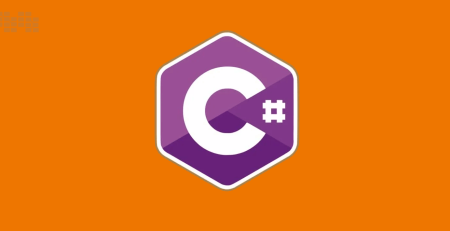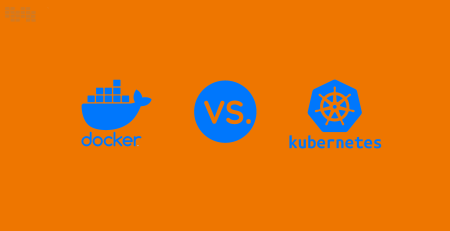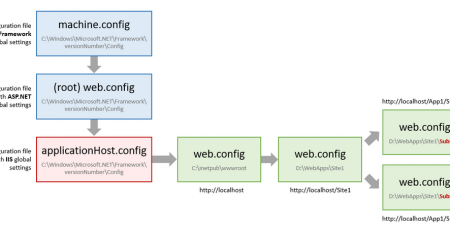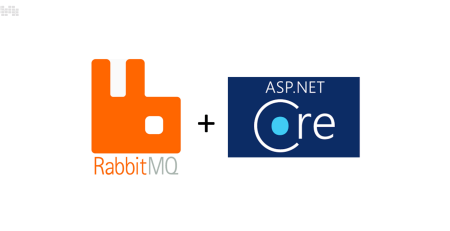What Are The Benefits Of Functional Programming Over Object Oriented Programming?
In the world of programming, developers use different techniques known as programming paradigms to make their code more efficient and effective. Object-Oriented Programming (OOP) and Functional Programming (FP) are two of the most commonly used paradigms, each with its own set of advantages and disadvantages. In this article, we will delve into the benefits of functional programming over object-oriented programming.
Functional programming is a declarative approach to programming that emphasizes evaluating expressions and avoids modifying data and changing states. In contrast, object-oriented programming is an imperative programming paradigm that focuses on encapsulating data and behavior into objects and using methods to modify the state of the objects. Some of the benefits of functional programming over object-oriented programming include:
- Immutability: Immutability is one of the main advantages of functional programming. Data is immutable in functional programming, which implies that once a value has been given to a variable, it cannot be modified. This aids in removing issues that may appear as a result of data being accidentally altered in several locations. On the other hand, object-oriented programming mainly relies on mutable state, which may result in errors and unexpected behavior.
- Better concurrency: Because functional programming eliminates mutable state, which can lead to race situations and other concurrency problems, it is a good fit for concurrent programming. To handle concurrent access to mutable state, object-oriented programming frequently uses locks and other synchronization techniques.
- Easier to reason about: Because functional programming avoids side effects and changeable state, it is frequently simpler to reason about. This makes it simpler to evaluate and comprehend a program’s behavior. In contrast, since objects may interact in complicated ways and because changeable state might result in unanticipated behavior, object-oriented programming can be more challenging to reason about.
- Composability: Pure functions, which are readily combined to create bigger functions, are encouraged to be used in functional programming. As a result, it is simpler to develop code that can be reused across several application components. In contrast, inheritance and polymorphism are frequently used in object-oriented programming, which can result in tightly connected, difficult-to-reuse code.
- Type safety: Strong type systems that may detect faults at compile time are frequently found in functional programming languages, which can aid in the eradication of runtime errors. In contrast, dynamic typing is frequently used in object-oriented programming languages, which can result in problems that are difficult to detect at runtime.
Conclusion
Compared to object-oriented programming, functional programming has a number of advantages, such as type safety, improved parallelism, better reasoning, and immutability. While each paradigm has advantages and disadvantages of its own, it is crucial to select the paradigm that best suits the needs of your particular project.












Leave a Reply